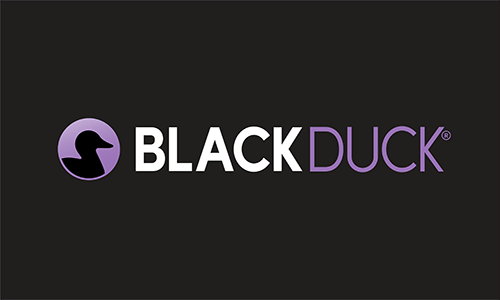Subscribe
Private equity firms acquire businesses with the aim of increasing their value and generating returns for their investors. They approach every acquisition with an eye toward one day divesting. In today’s business landscape, technology has become a crucial aspect of many companies’ operations. Software in particular plays an increasingly important role in industries including healthcare, finance, and manufacturing. As such, it is critical for private equity firms to conduct holistic software due diligence to gain a comprehensive understanding of a target company’s software and capabilities, identify potential risks and opportunities, and make informed investment decisions. One crucial aspect of software due diligence is understanding both process risk and code risk.
Process risk
Process risk refers to potential problems associated with a company’s software development processes, including the software design, coding, testing, and deployment, as well as the organization and personnel. An assessment of this type of risk provides a forward-looking indication of how future software development is likely to go and issues that may arise. Code risk refers to the problems in the code itself, such as the quality, reliability, licensing, and security of a company’s software code. It’s reflective of past practices and the accumulation of issues over time.
Private equity firms need to understand both process risk and code risk because both can impact a company’s value and growth potential. Accumulated issues in the code, commonly referred to as technical debt, represent a backlog of work for development resources that could otherwise be adding new features. Process weaknesses are indicative of how well the team will be able to execute in the future. Poor software development processes and low-quality code can hamper a company’s ability to scale, reduce its productivity, and ultimately harm its bottom line. In contrast, robust and well-designed software development processes and high-quality code can provide a competitive advantage, increase efficiency, and enable a company to adapt to changing market conditions.
To identify process risk, private equity firms should conduct a thorough review of a company’s software development practices, including project management, software design, coding standards, testing, and deployment. They should also evaluate the company’s quality assurance practices including code reviews, automated testing, and bug-tracking. Such an assessment is usually based on both interviews with senior technical personnel and a review of documentation they provide. (Some firms have in-house technical resources who do this; some farm it out.) A deep review of a company’s software development processes can help private equity firms identify areas of improvement, such as the need for better documentation, more rigorous testing, or the implementation of industry standard security controls.
Code risk
To identify code risk, private equity firms typically engage trusted third-party experts to conduct a comprehensive code review and identify open source license violations as well as any quality, reliability, or security issues in the source code. This involves reviewing code documentation as well as the code itself. Most targets are not comfortable sharing that information with a potential acquirer, thus the importance of a third party. A combination of sophisticated automated tools can shine a light on vulnerabilities, bugs, improperly licensed code, and the overall structure and organization of the code. A comprehensive code review can help firms identify potential issues before they become significant problems, enabling them to set up a plan to mitigate the risks, such as investing in software upgrades, improving IT security, or enhancing software development processes.
Takeaway
Private equity firms must understand both process risk and code risk when conducting software due diligence. Poor software development practices and low-quality code can significantly impact a company’s value, growth potential, and operational efficiency. By conducting a comprehensive review of a company’s software development practices and code, private equity firms can identify potential risks and opportunities, set up a plan to mitigate the risks, and ultimately make informed investment decisions that maximize returns for their investors. With the ever-growing importance of technology in today’s business environment, conducting software due diligence should be a top priority for any private equity firm looking to invest in a company.
Continue Reading
A decade of open source risk: Reflecting on 10 years of OSSRA report insights
May 16, 2025 | 3 min read
Understanding the DeepSeek model license: Balancing openness and responsibility
Feb 04, 2025 | 2 min read
Understanding generative AI risks in software development
Oct 24, 2024 | 3 min read
Once and future code snippets: How AI reignites risk
Jul 24, 2024 | 3 min read
Mergers and acquisitions insurance
Jan 16, 2024 | 3 min read
Making intelligent tradeoffs in software due diligence
Dec 13, 2023 | 4 min read






